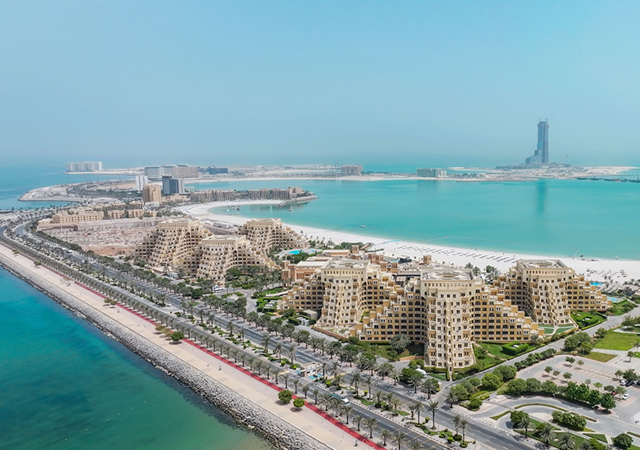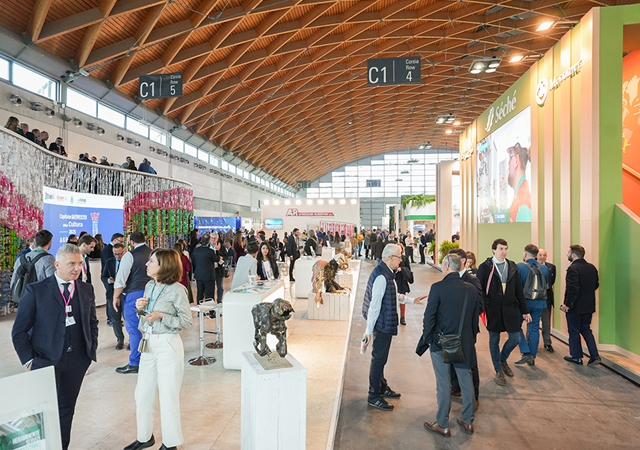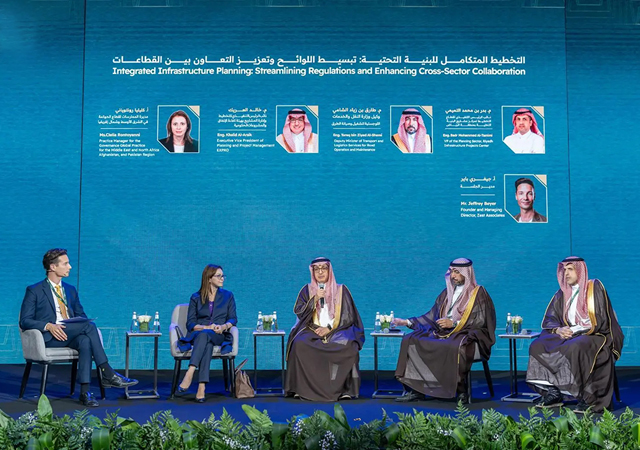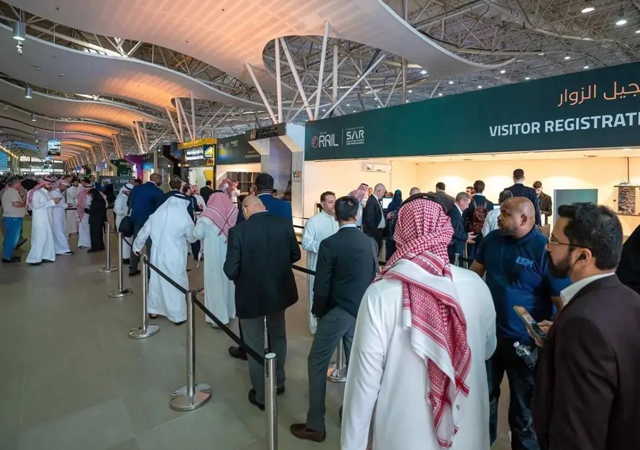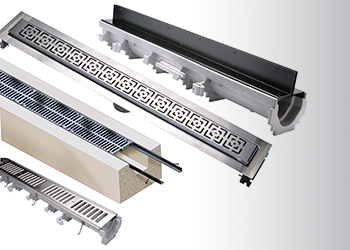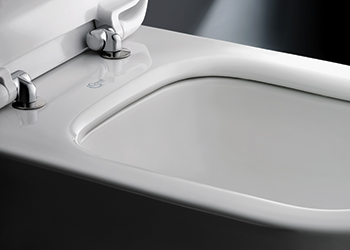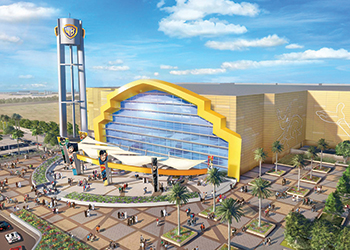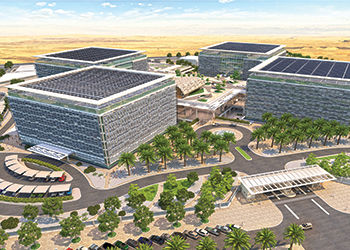
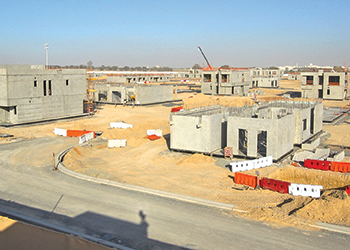 The Al Narjis neighbourhood at Al Zahia ... under construction.
The Al Narjis neighbourhood at Al Zahia ... under construction.
Al Zahia community development in Sharjah is claimed to be the first mixed-use project in the region to have achieved a key Breeam certification.
The Al Zahia community development, which is under construction in Sharjah, UAE, will be green in more than one way: sustainability is intrinsic in its masterplan to ensure the integration of green practices across the project.
These efforts by the developers have earned Al Zahia the distinction of being the first mixed-use development in the Middle East to be awarded the Breeam Communities Interim Assessment certificate, the world’s leading assessment method for masterplanning, infrastructure and buildings.
Al Zahia is a strategic partnership between the Government of Sharjah and Majid Al Futtaim Properties (Sharjah Holding). It is the emirate’s first award-winning, masterplanned community providing the highest standards of green living environments with themed parks, and leisure and prime retail facilities.
Spanning over 1 million sq m, Al Zahia will be home to more than 12,000 residents when completed. Its design takes the form of seven individual neighbourhoods featuring a range of villas, townhouses and medium-rise residential apartments as well as mosques, cafes and restaurants.
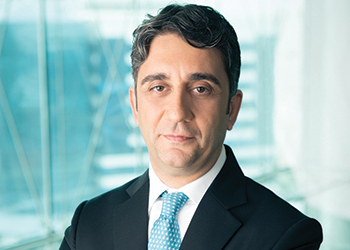 |
|
Esber ... sustainable measures. |
There will also be six themed parks that will provide 23,231 sq m of green space, encouraging residents to live active lifestyles and to engage in community activities.
Construction kicked off in 2011 and the project is expected to be completed in 2022.
The development is adjacent to the planned City Centre Al Zahia, a mixed-use shopping mall complete with hospitality options alongside regional and international brands, food and beverage offerings, in addition to a Carrefour Hypermarket, Vox cinemas, Magic Planet and Little Explorers planned for opening in Q4 2020.
Hawazen Esber, CEO of Communities at Majid Al Futtaim Properties, says: “We are proud to be the first mixed-use community in the Middle East to have achieved Breeam certification. Majid Al Futtaim is focused on setting new benchmarks in sustainable living across the region.”
Majid Al Futtaim, he says, believes in developing sustainable communities – in which human, natural and economic elements are interdependent and draw strength from each other to create a balanced and healthy living environment.
To achieve this key milestone, Majid Al Futtaim completed a socio-economic assessment in 2015 to better understand how Al Zahia will increase economic well-being and meet local needs around employment, education and the provision of amenities. The study found that Al Zahia’s impact on the economy will include 3,934 direct and indirect jobs generated during the construction period, injecting Dh5.5 billion ($1.5 billion) into the local economy.
Al Zahia has taken on various initiatives to enhance the lives of its residents and homeowners while simultaneously ensuring lower energy consumption and emissions. It also introduces initiatives to minimise the impact on existing habitats and enhance biodiversity in the locality. For example, a survey was conducted to identify nesting birds on site prior to mobilisation and site preparation.
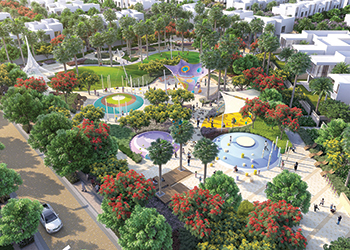 |
|
The Sensory Park, one of six themed parks at Al Zahia ... an artist’s impression. |
Several strategies have been incorporated into the overall design to ensure that the building orientation, form, layout, wind management and natural ventilation, shading and outdoor thermal comfort, solar water heating and streetlighting worked together to achieve low energy consumption and minimise associated carbon emissions.
Esber says the mitigation of carbon dioxide (CO2) emissions and the adaptation to climate change were key considerations in the planning, construction and maintenance of Al Zahia. Photovoltaic streetlighting alone will contribute to a 15 per cent reduction of the site-wide annual carbon emissions with respect to the baseline.
As part of Al Zahia’s continuous commitment to sustainability, water consumption and waste management schemes have been implemented accordingly. Water consumption targets for the development were set using the Breeam calculator to reduce potable water consumption by 25 per cent over the baseline performance.
Native and drought-tolerant planting has been, and will continue to be, incorporated in the landscape design of the masterplan. Rain and sewage water is also being diverted for irrigation to sustain the greenery and indigenous planting with reduced water requirements.
“With a steadfast commitment to sustainability and a grand vision to become a name synonymous with family living, we look forward to bringing the Al Zahia vision to life when completed, bringing together the very best of what Majid Al Futtaim has to offer,” concludes Esber.



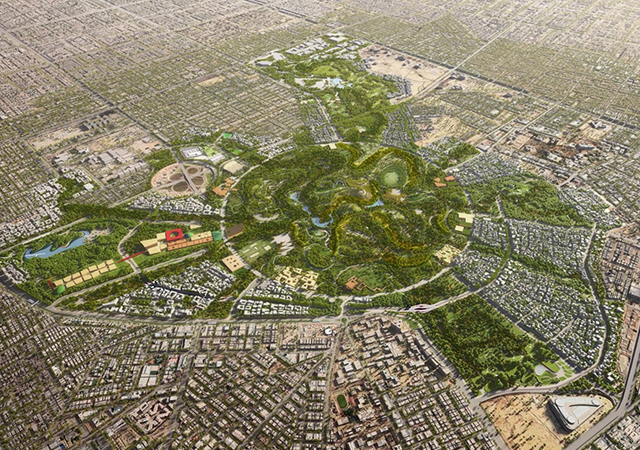
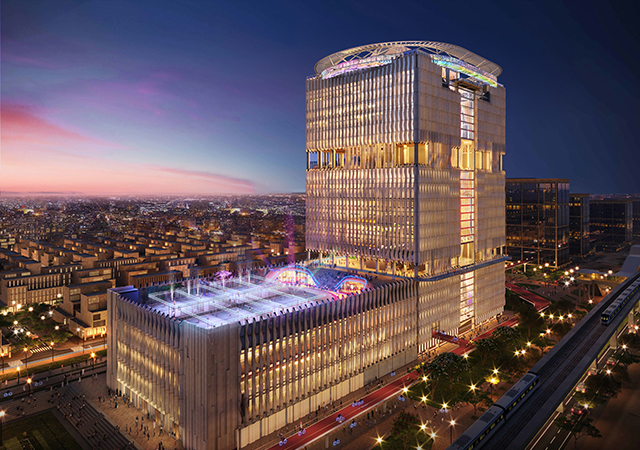
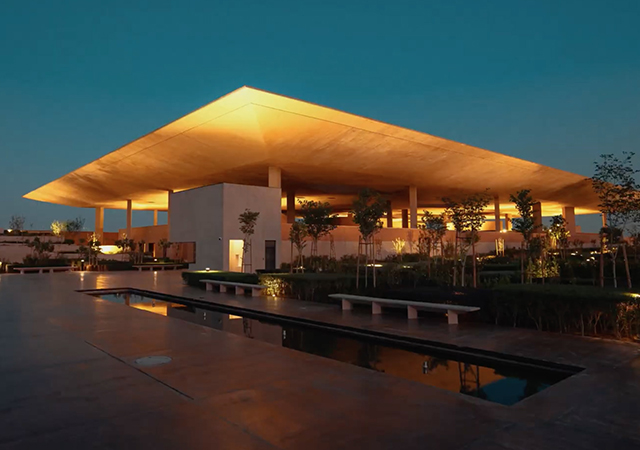
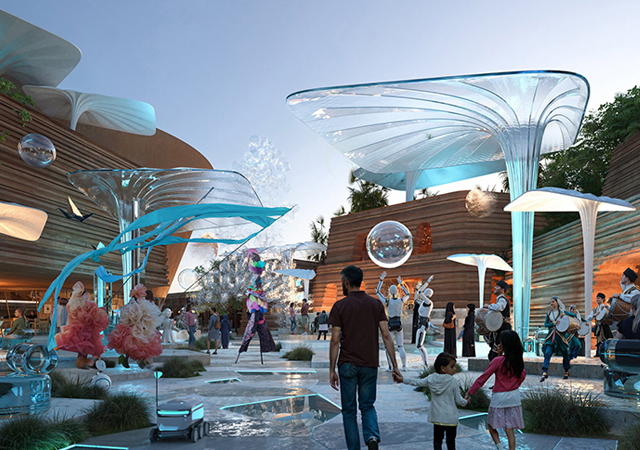
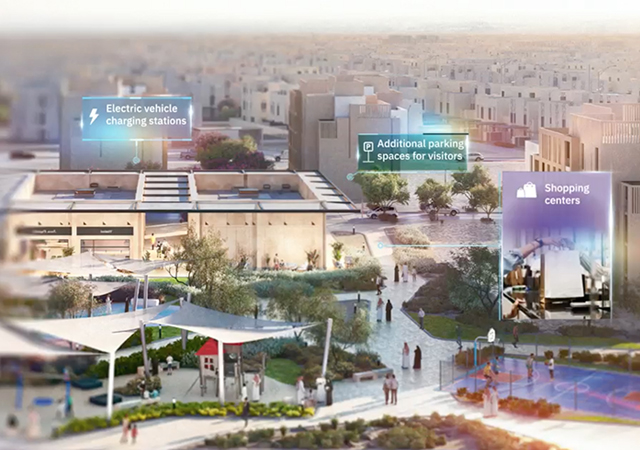
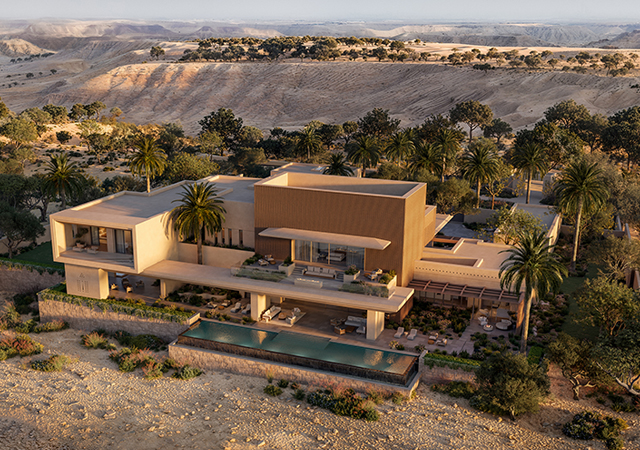
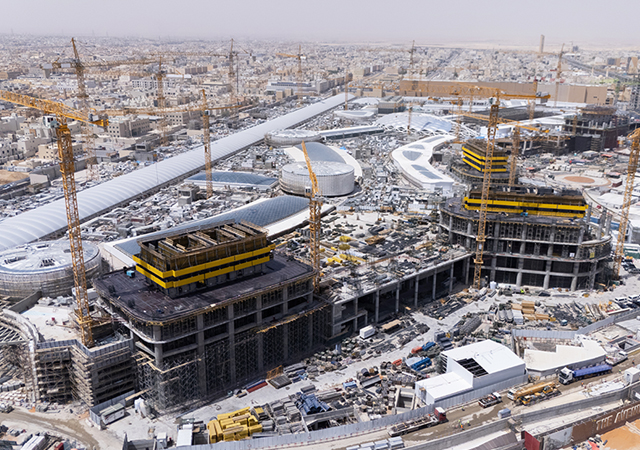
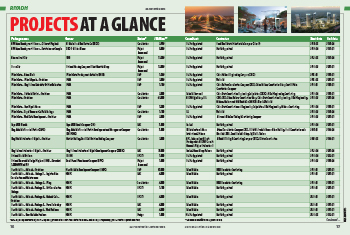
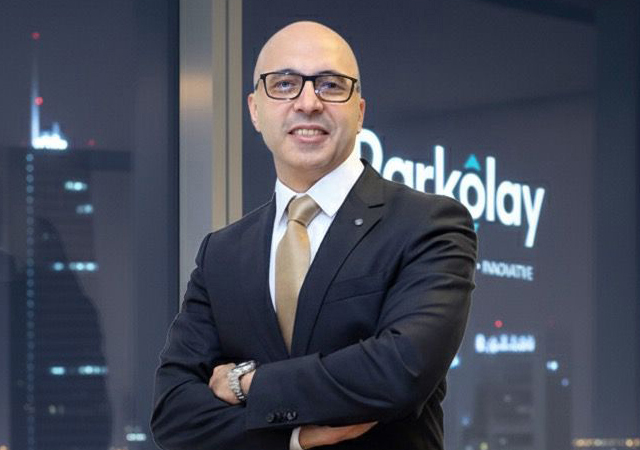
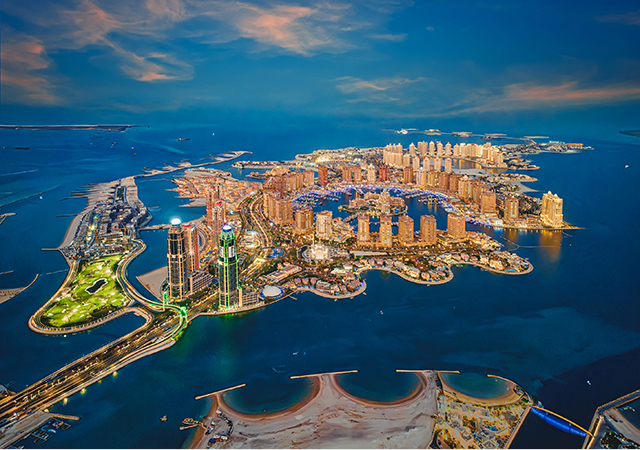
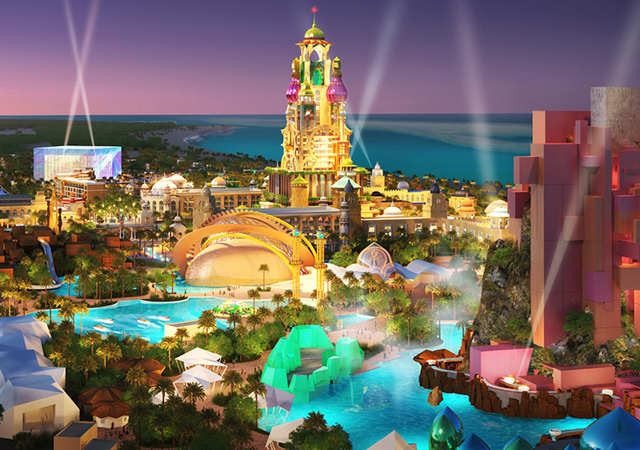
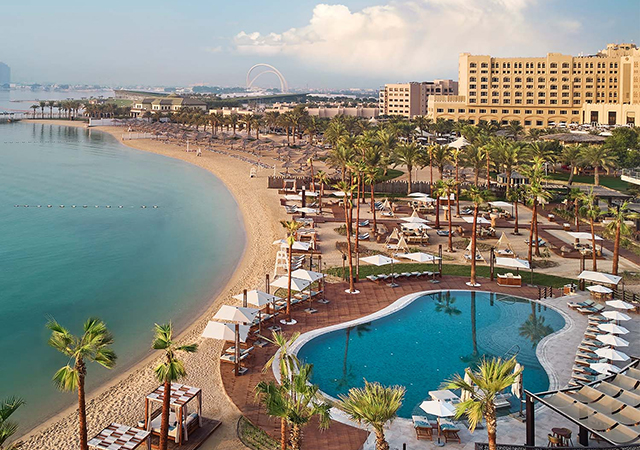
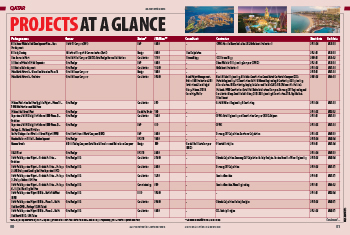
.jpg)
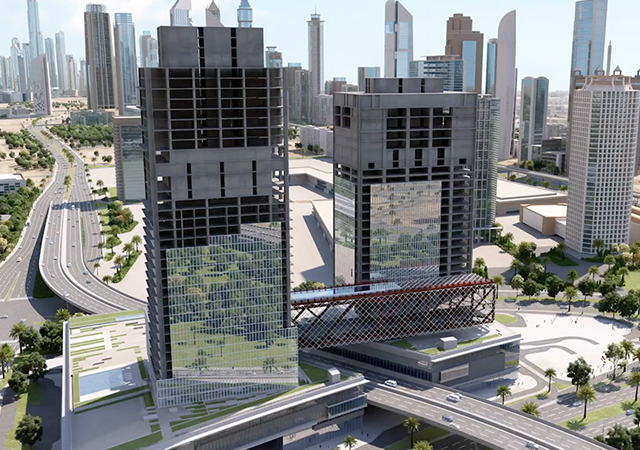
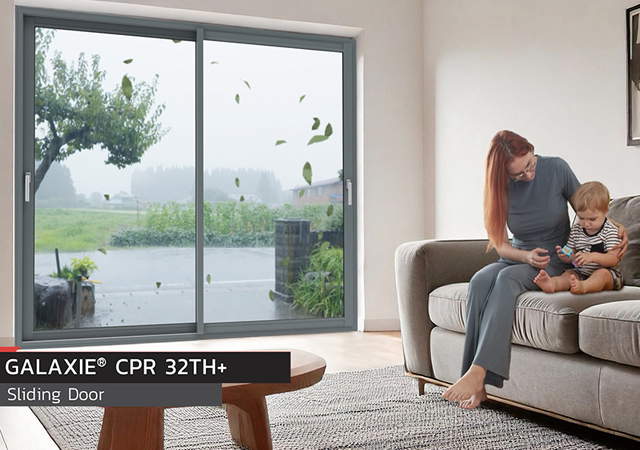
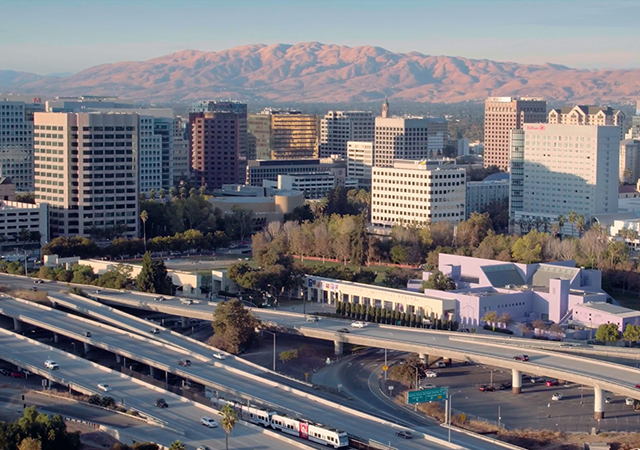
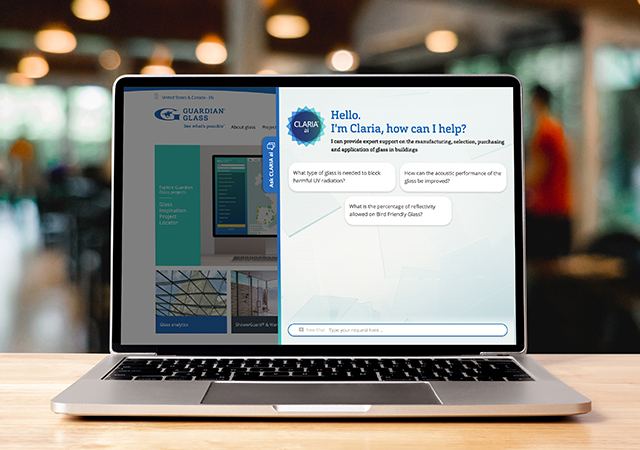

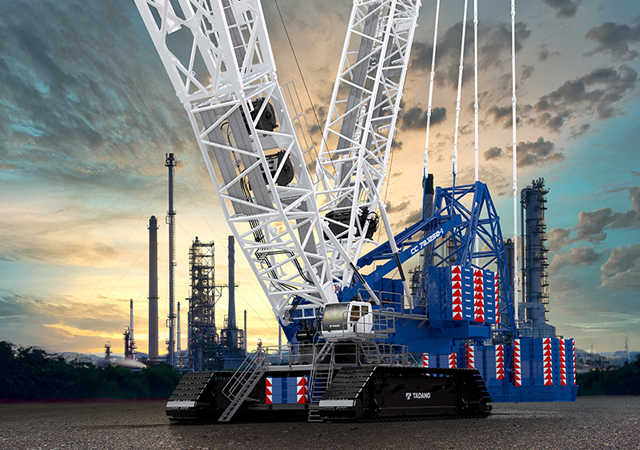
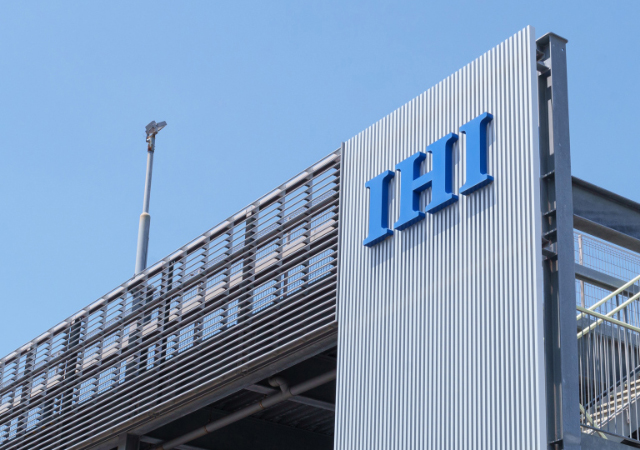
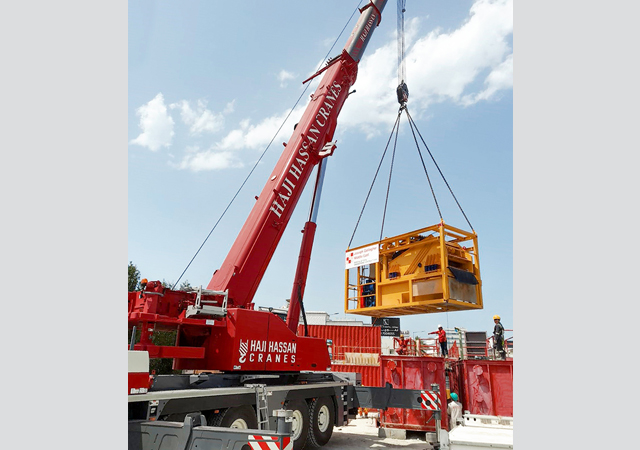
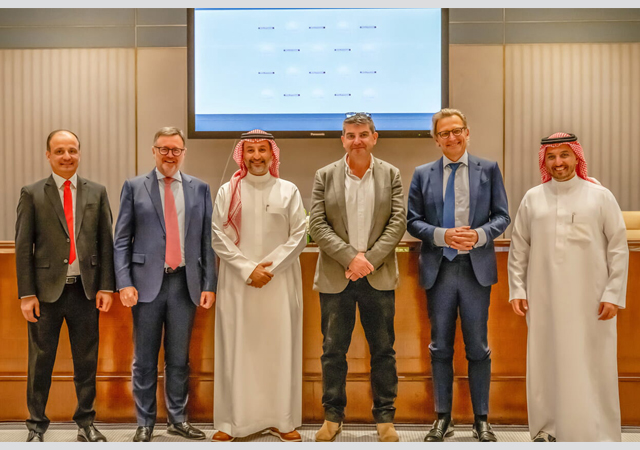
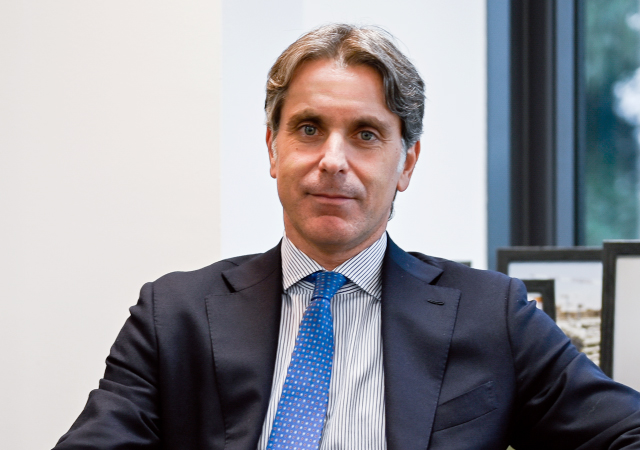
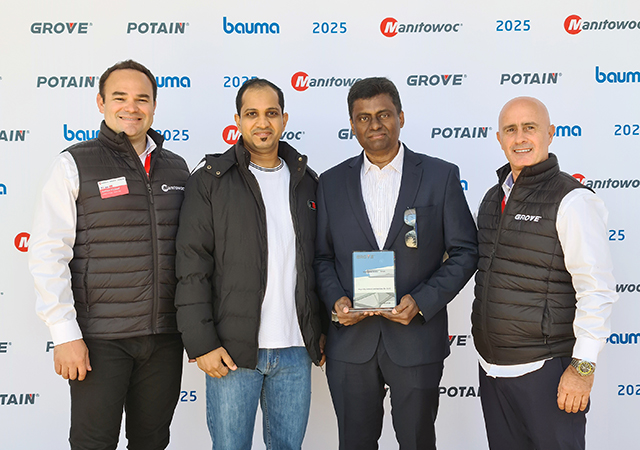
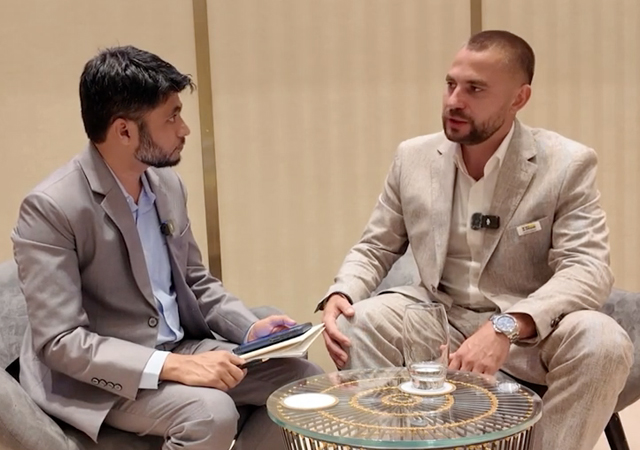
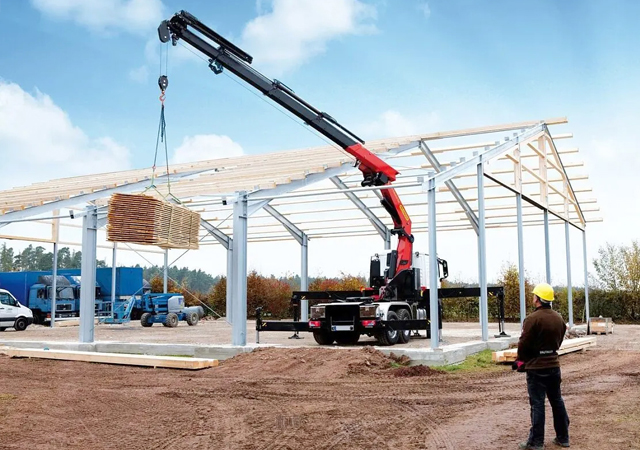
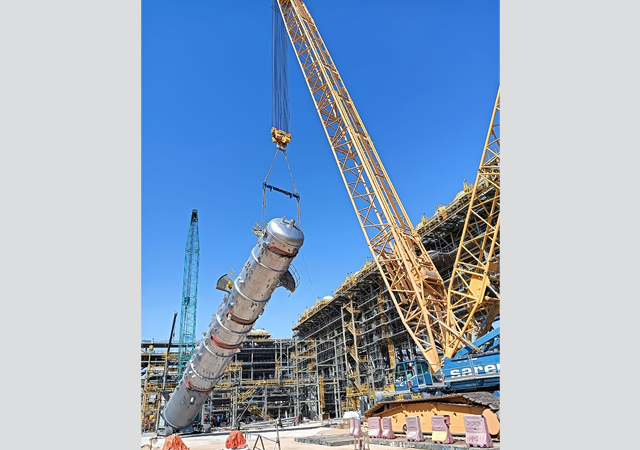
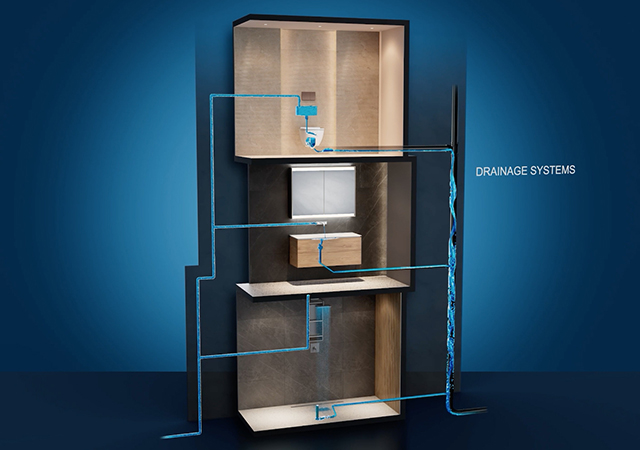
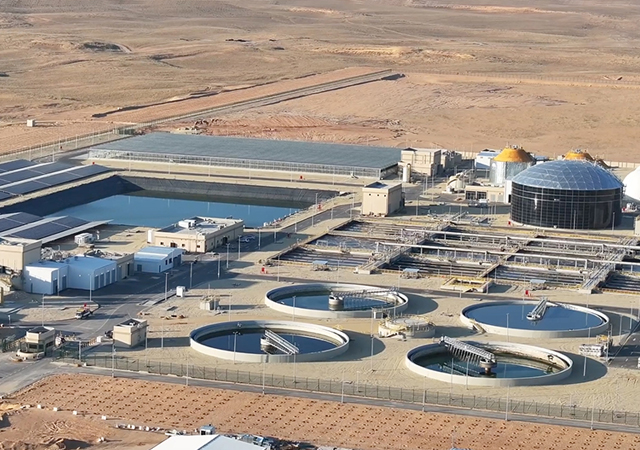

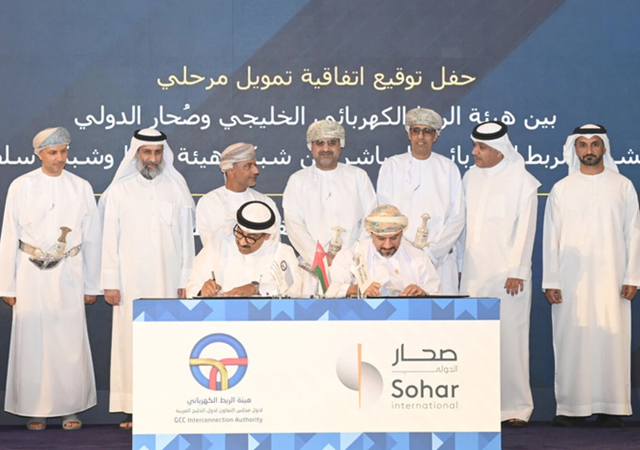
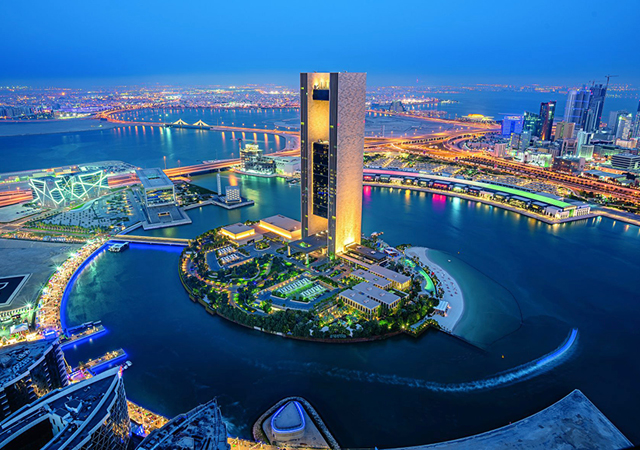
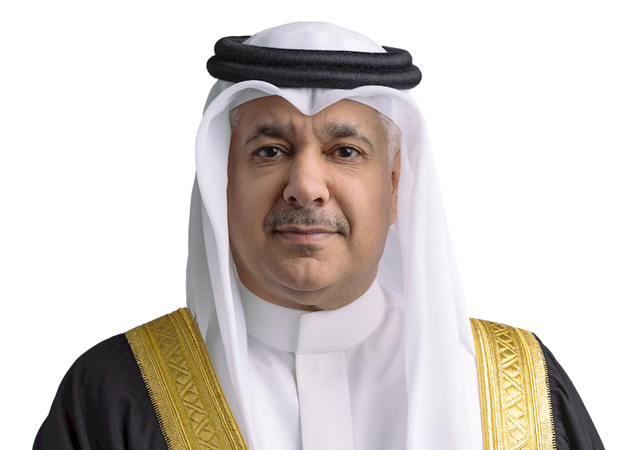
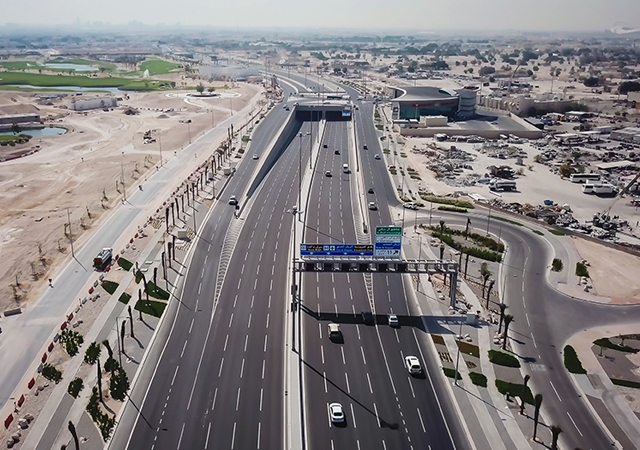
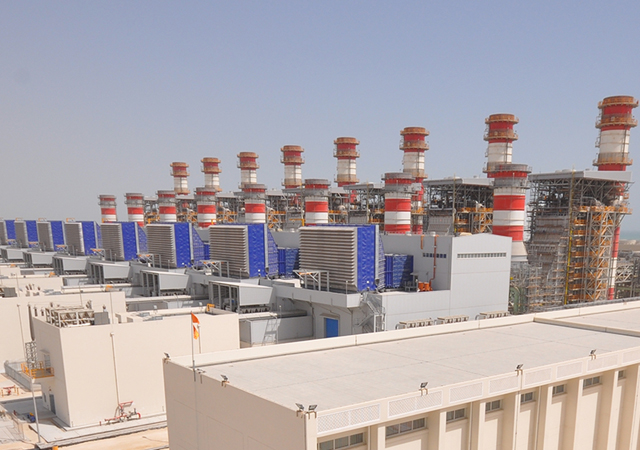
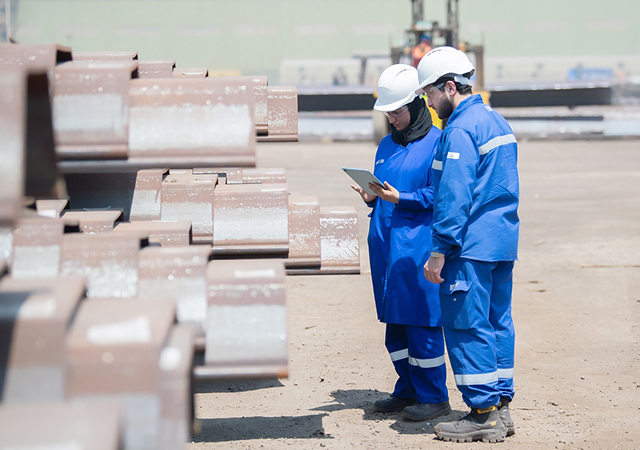
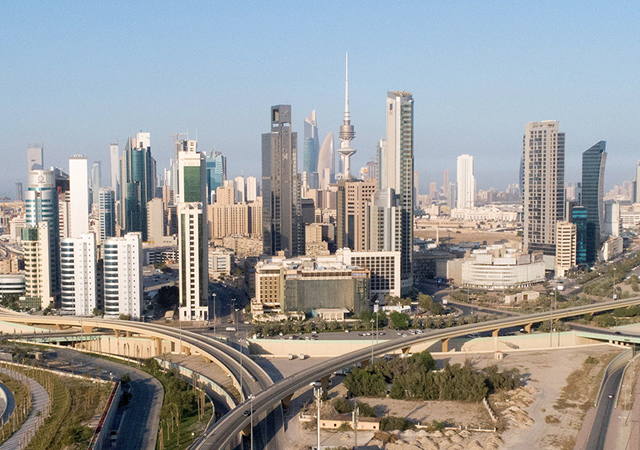
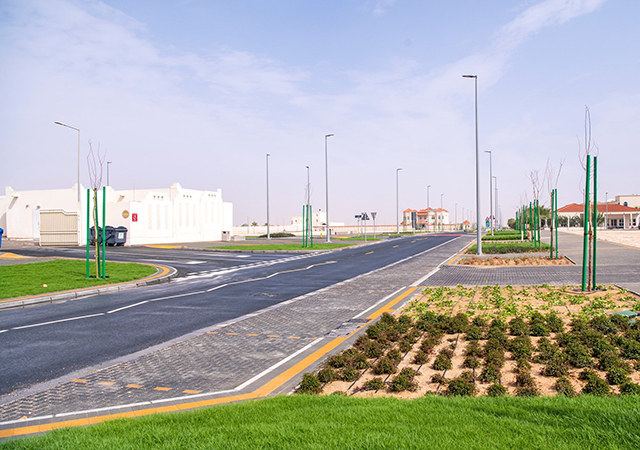
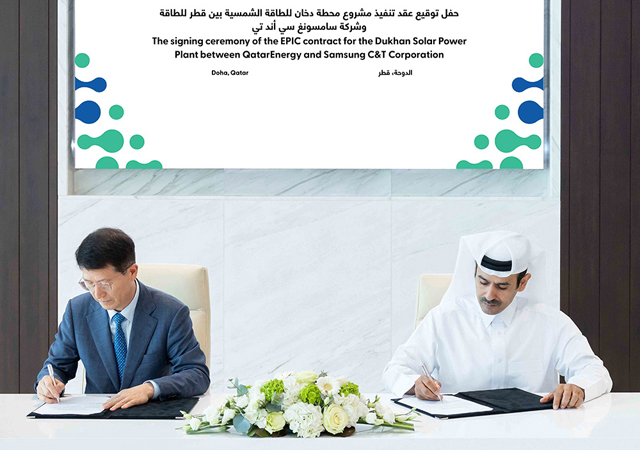
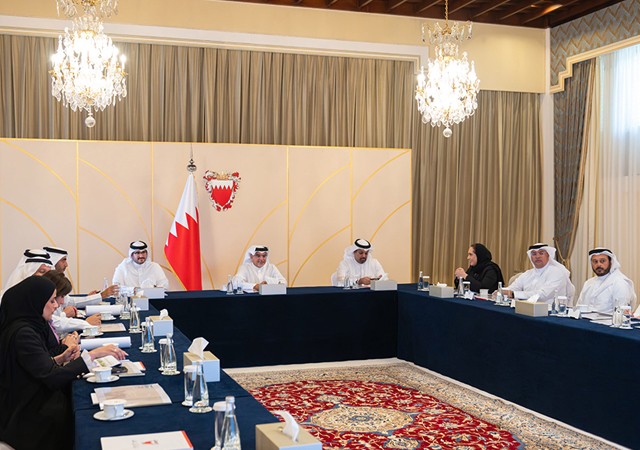

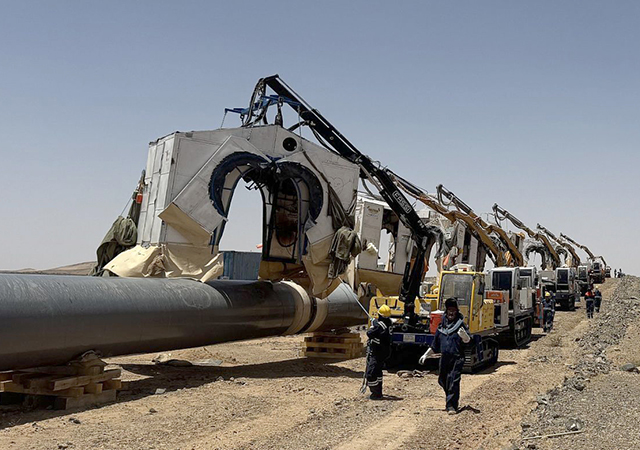
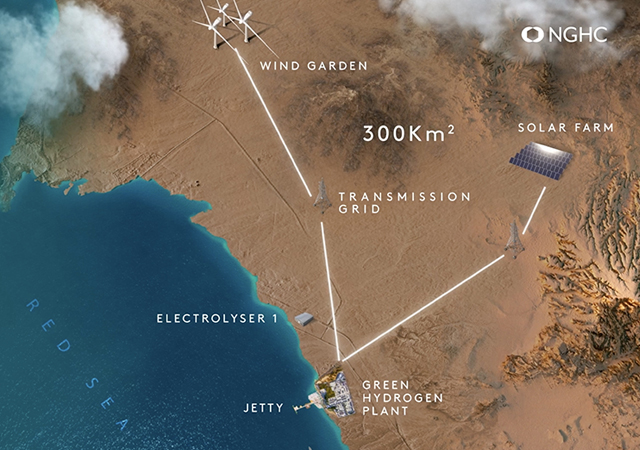
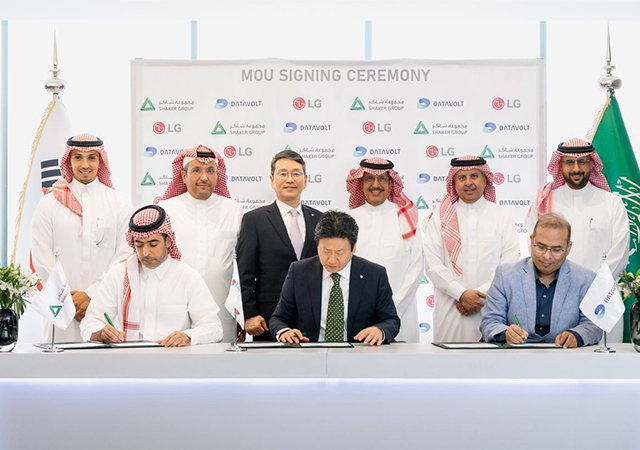
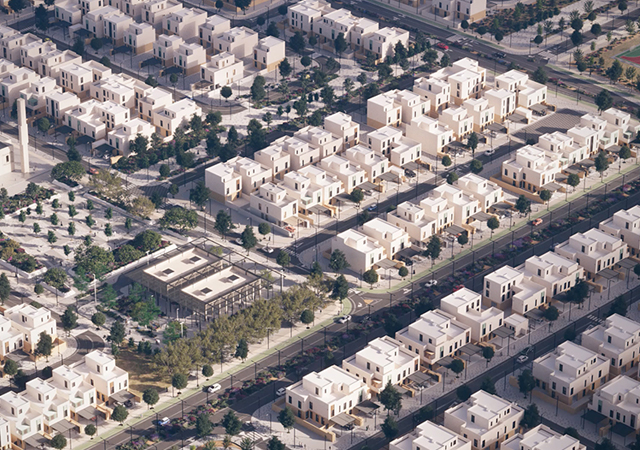
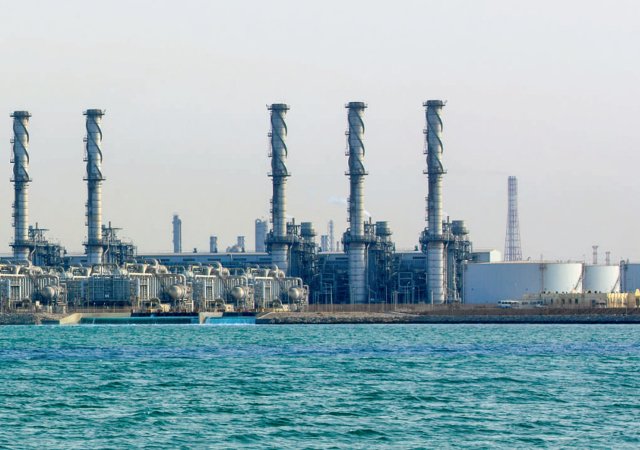
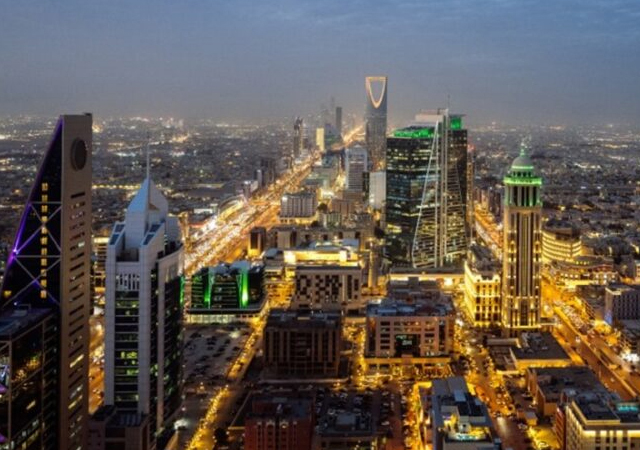
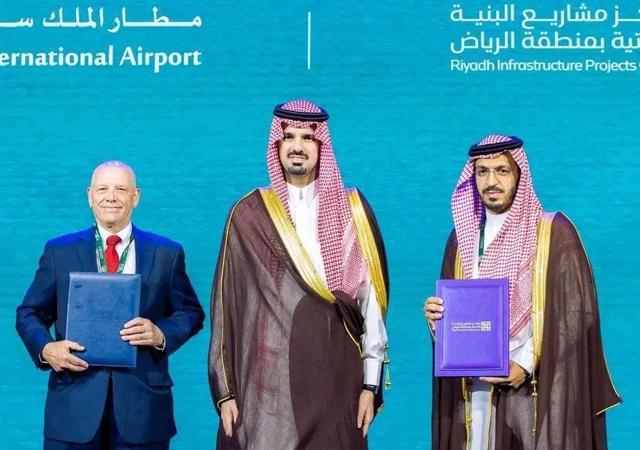
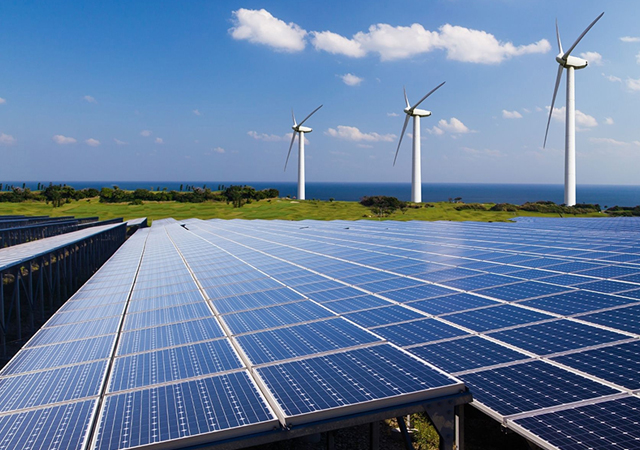
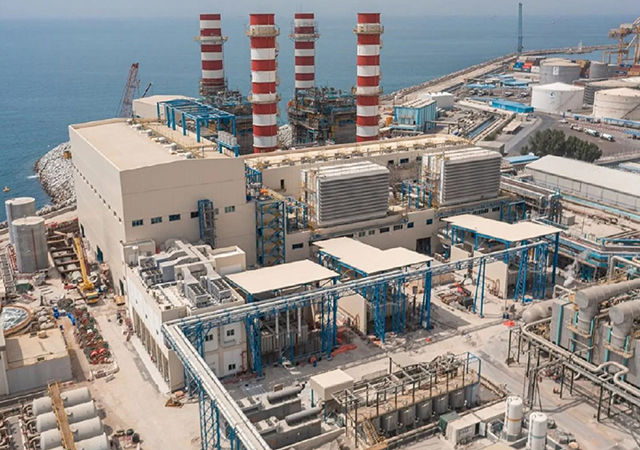
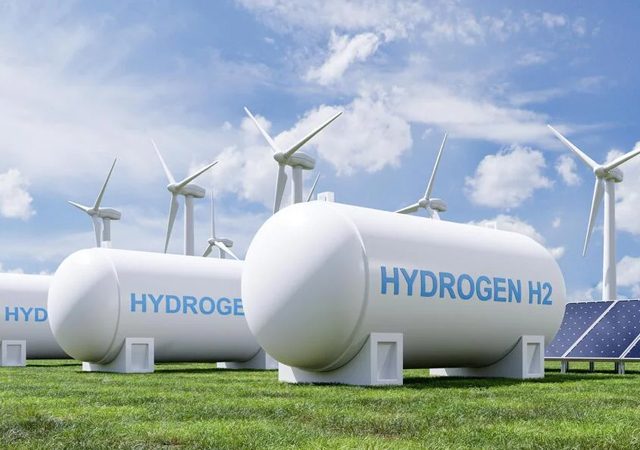

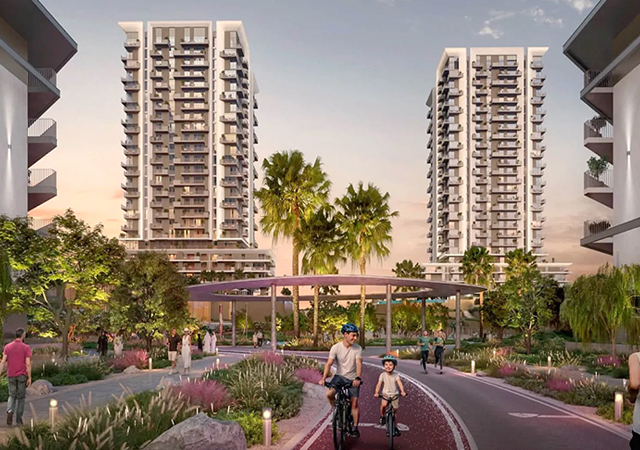
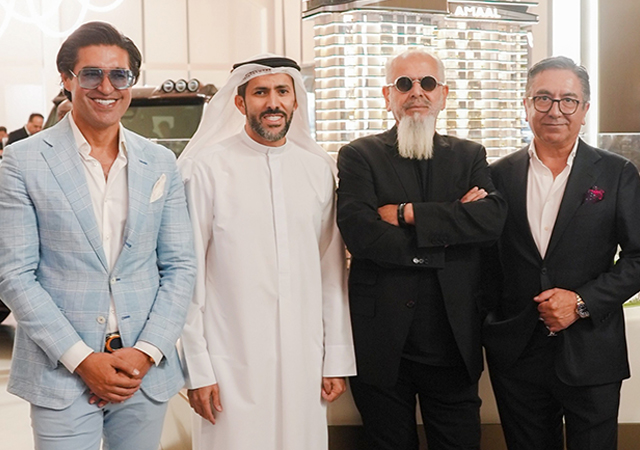
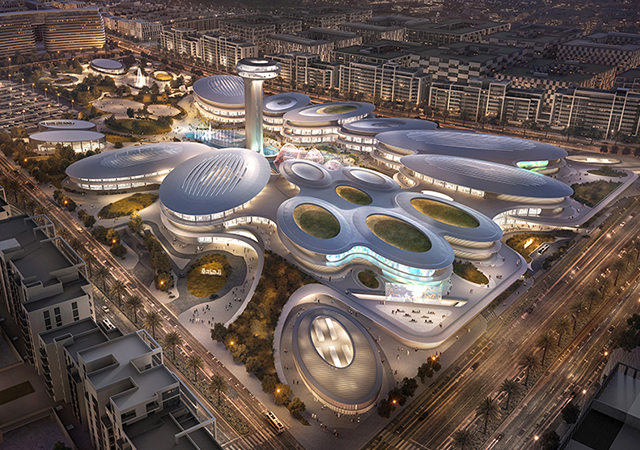
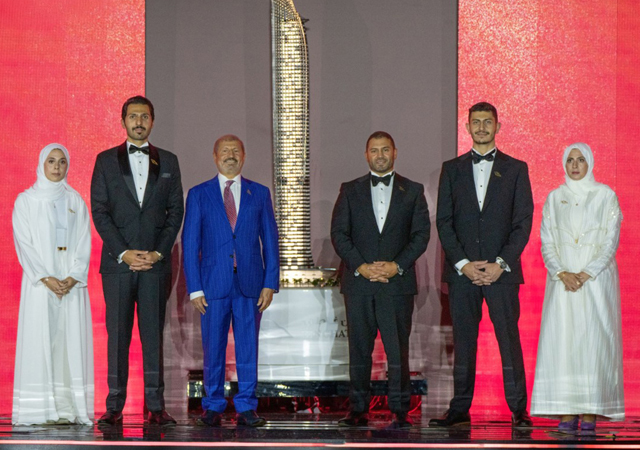
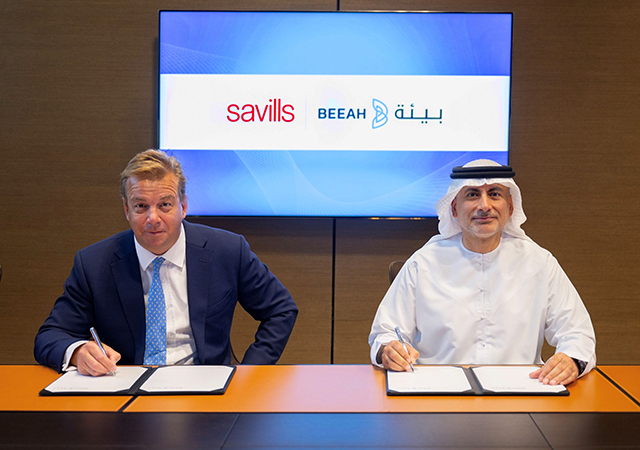
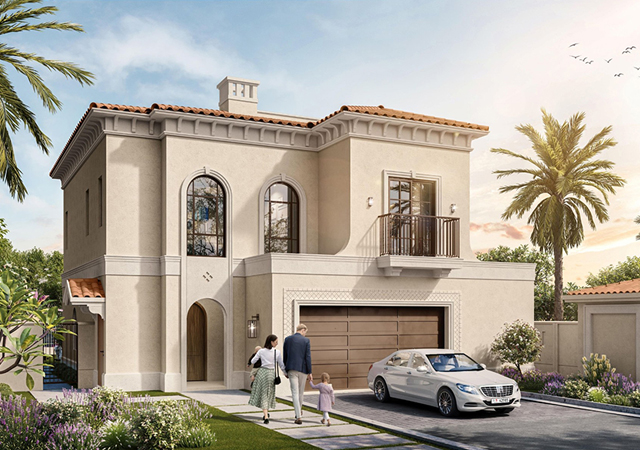
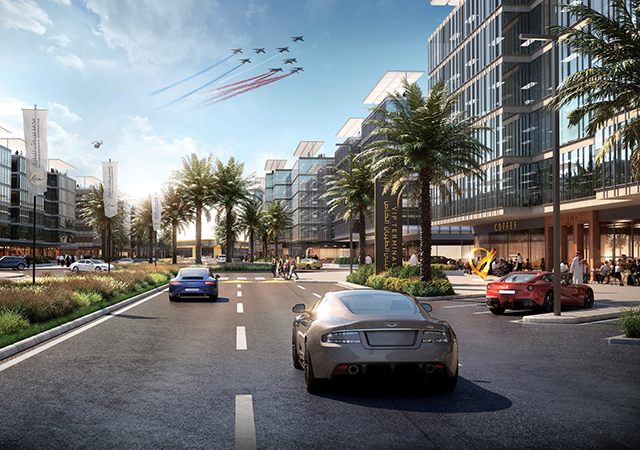
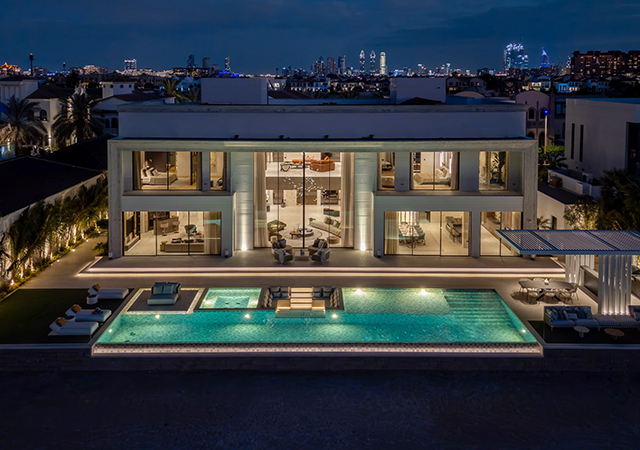
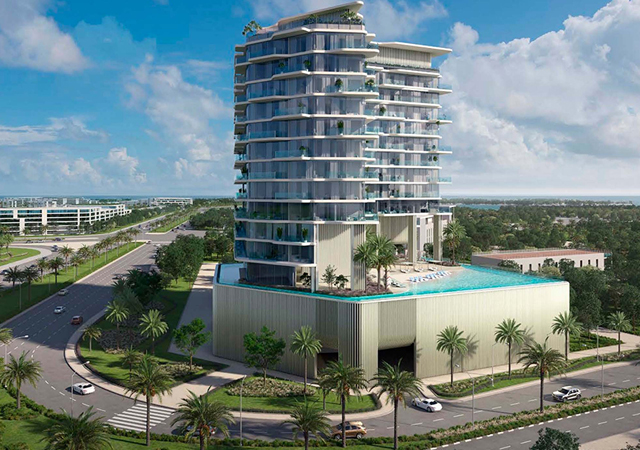
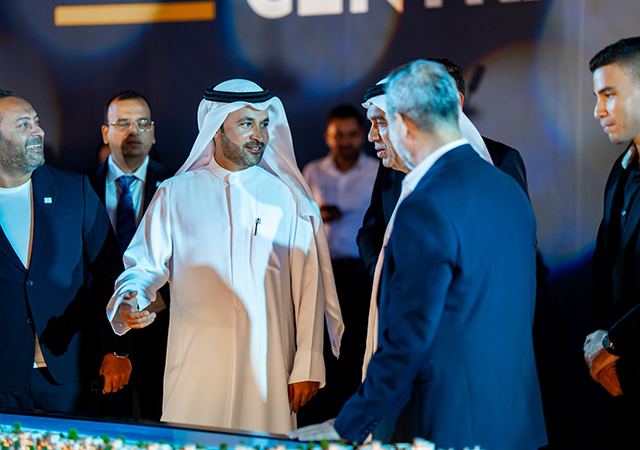
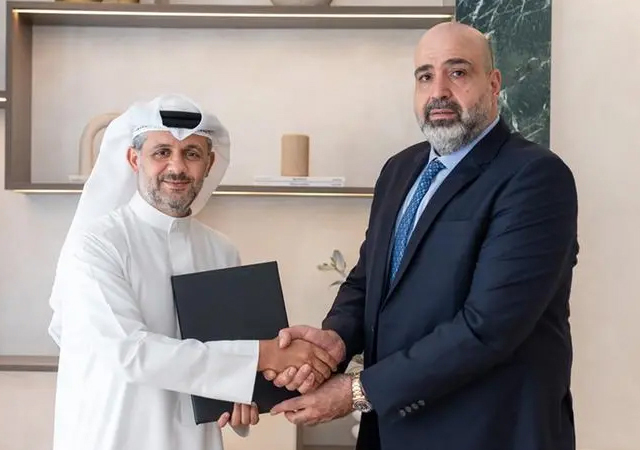
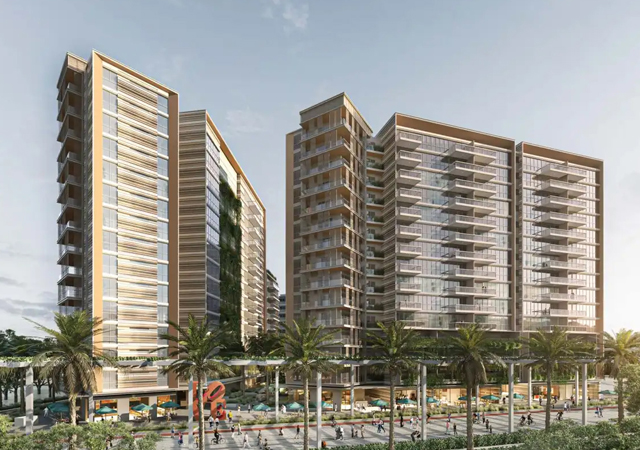
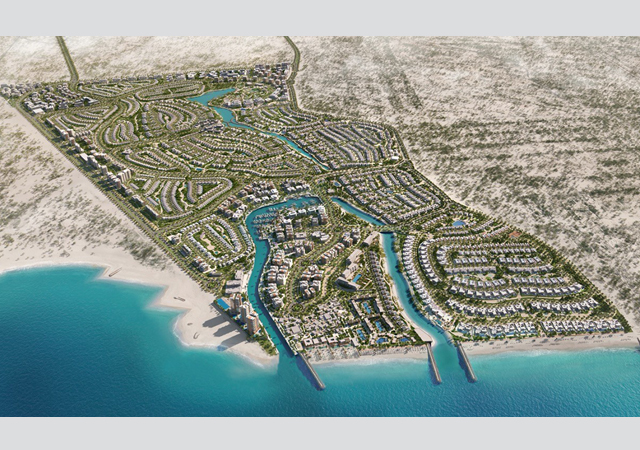
.jpg)
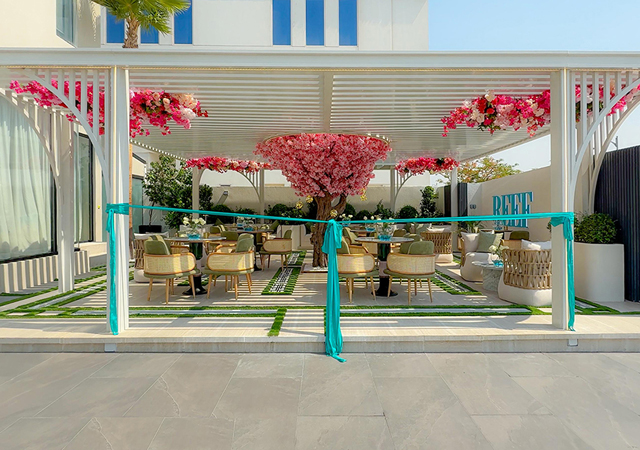
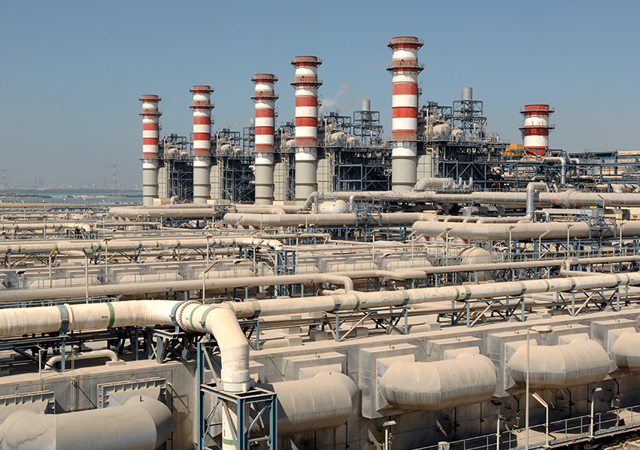
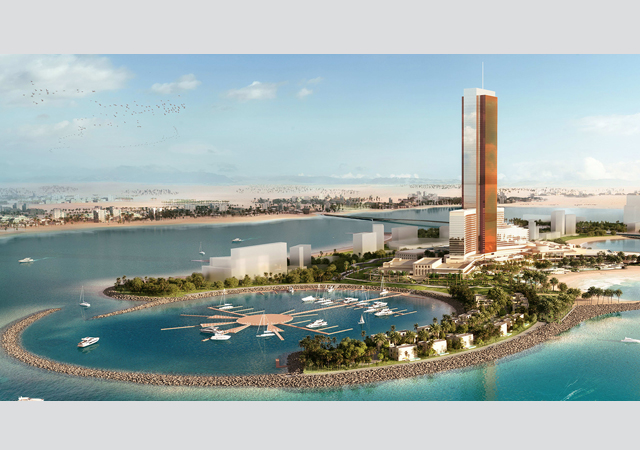
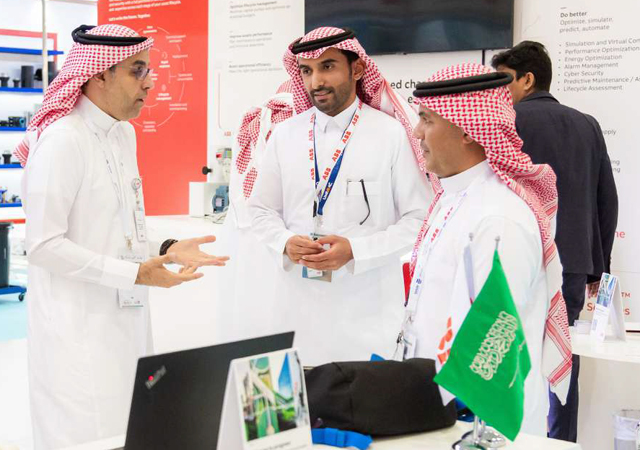
.jpg)
